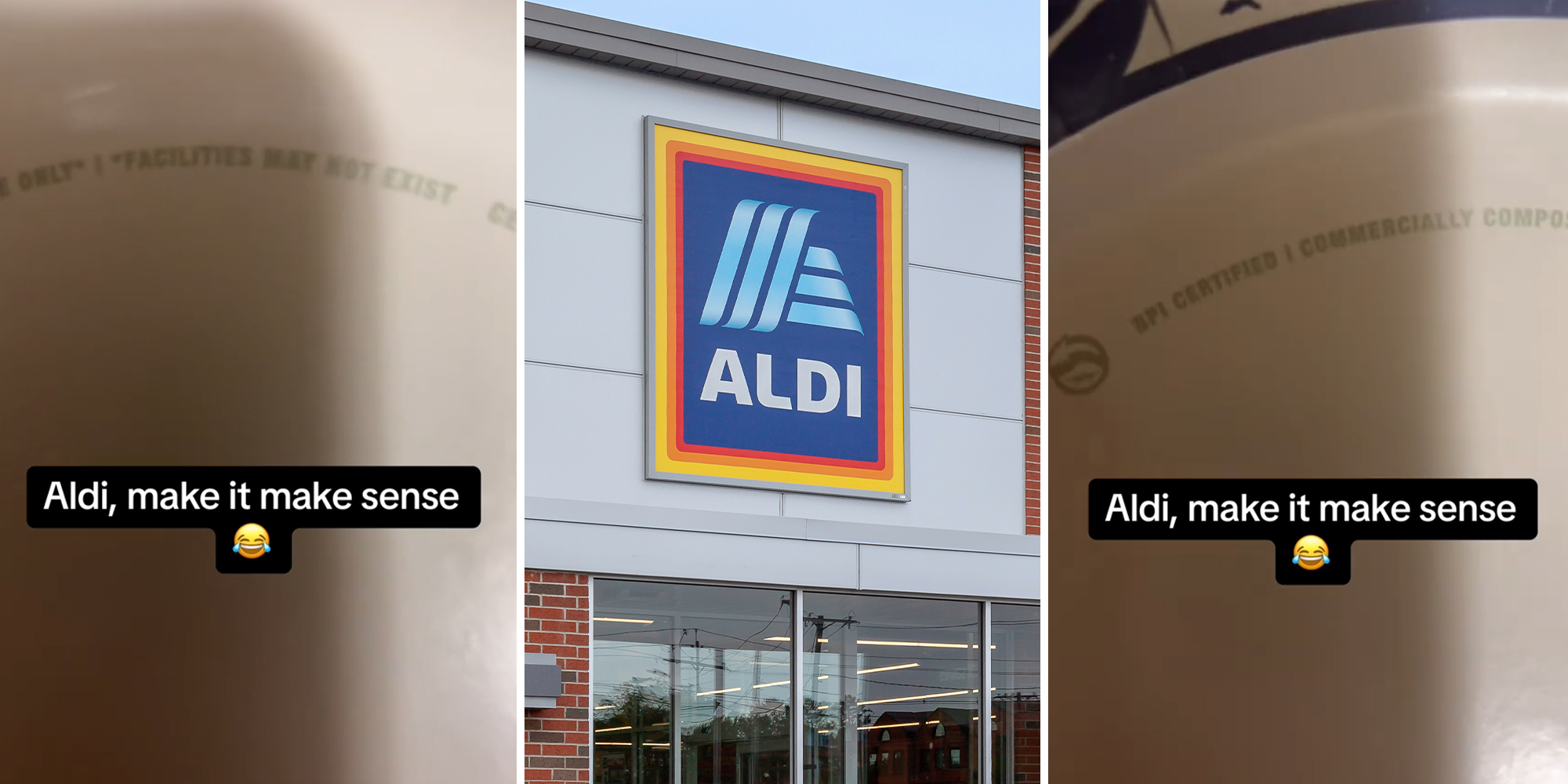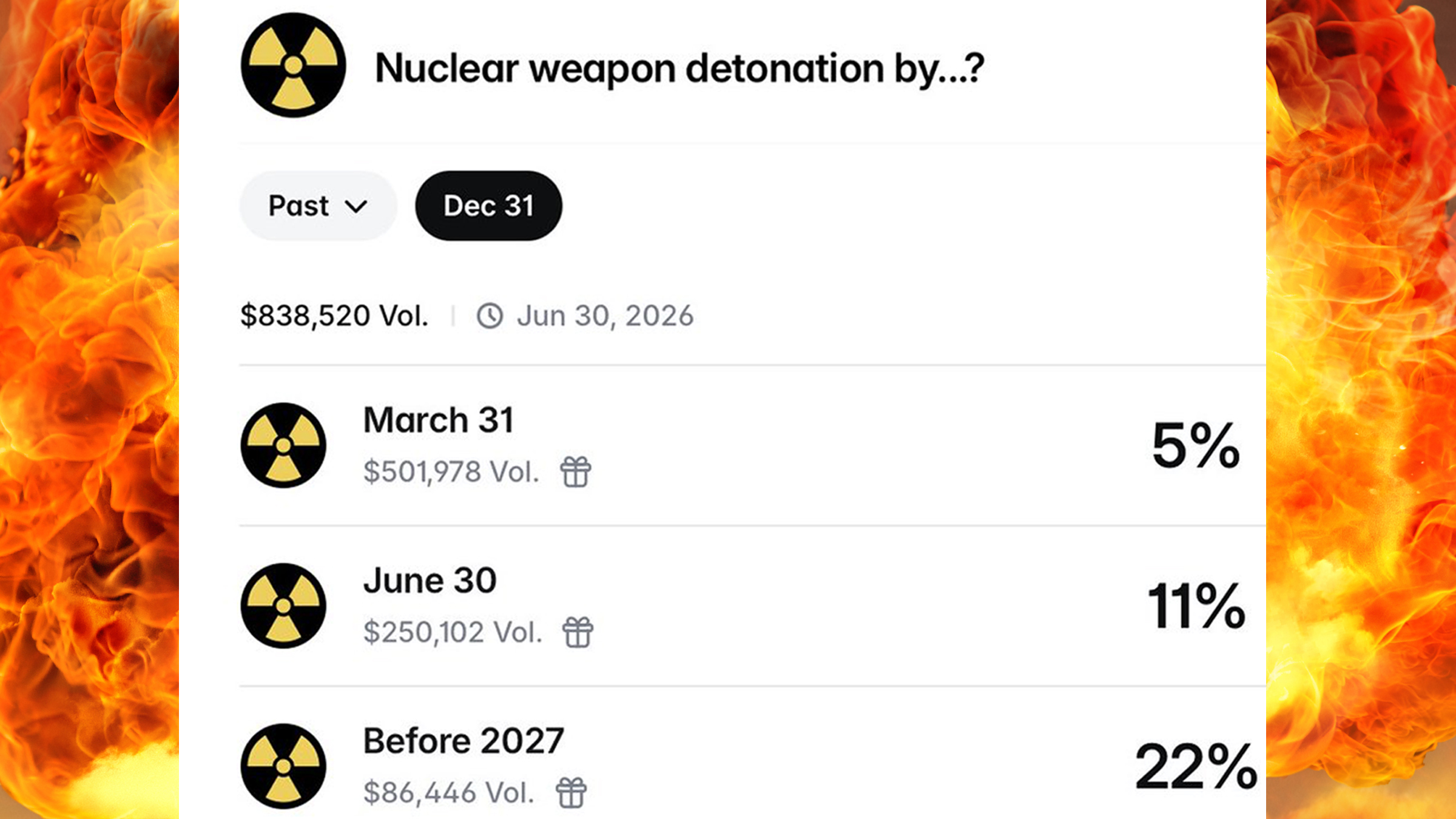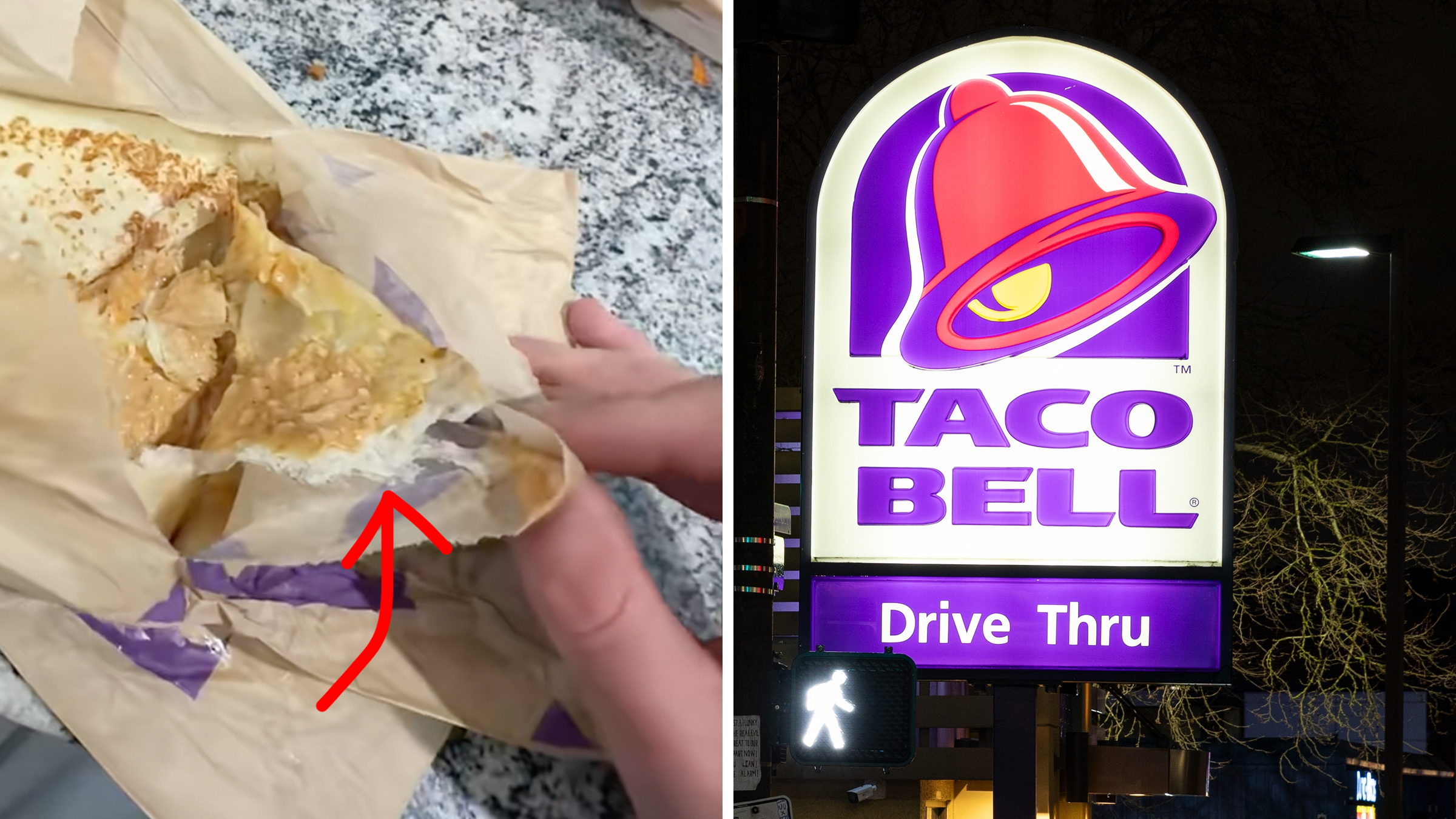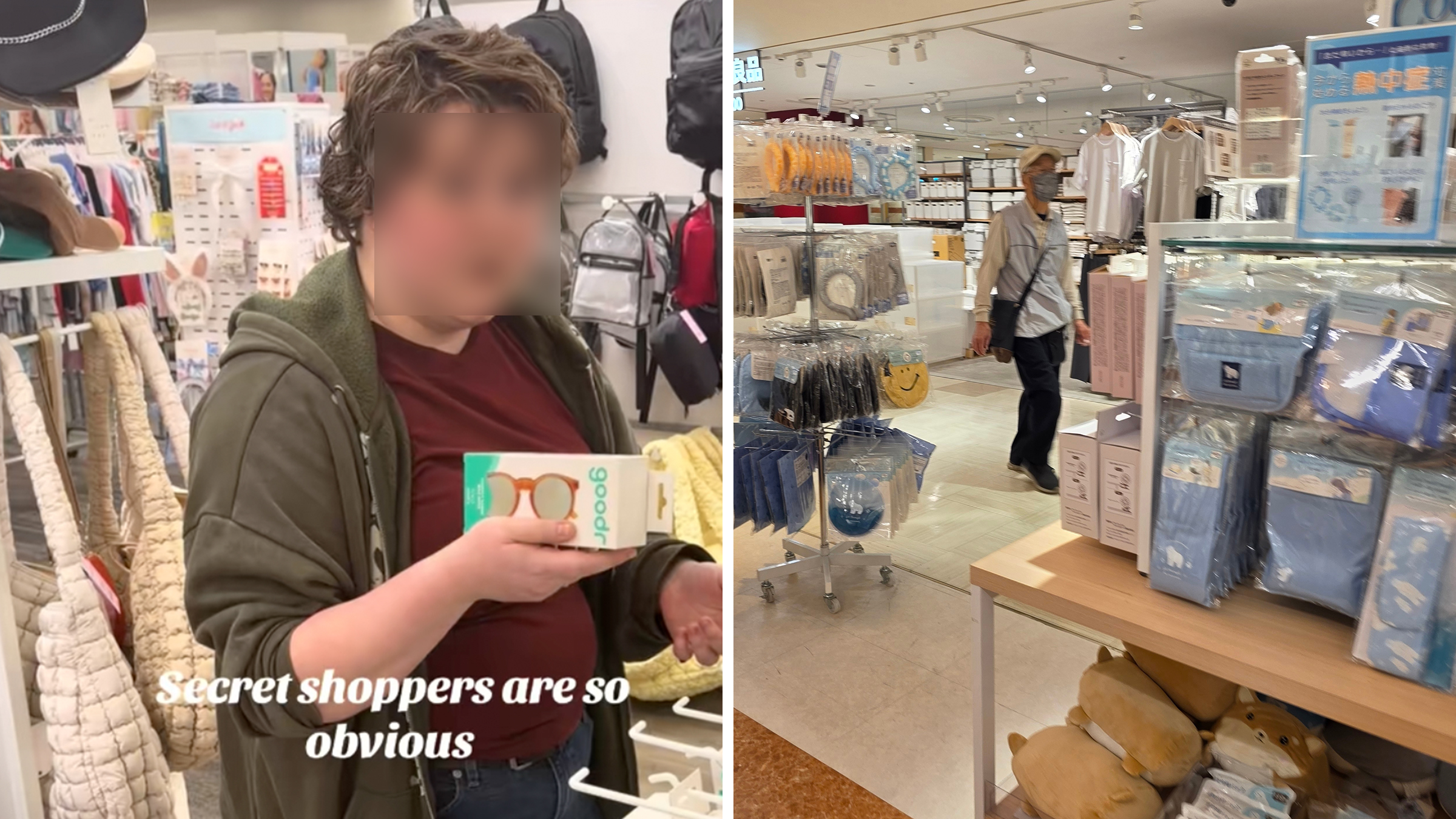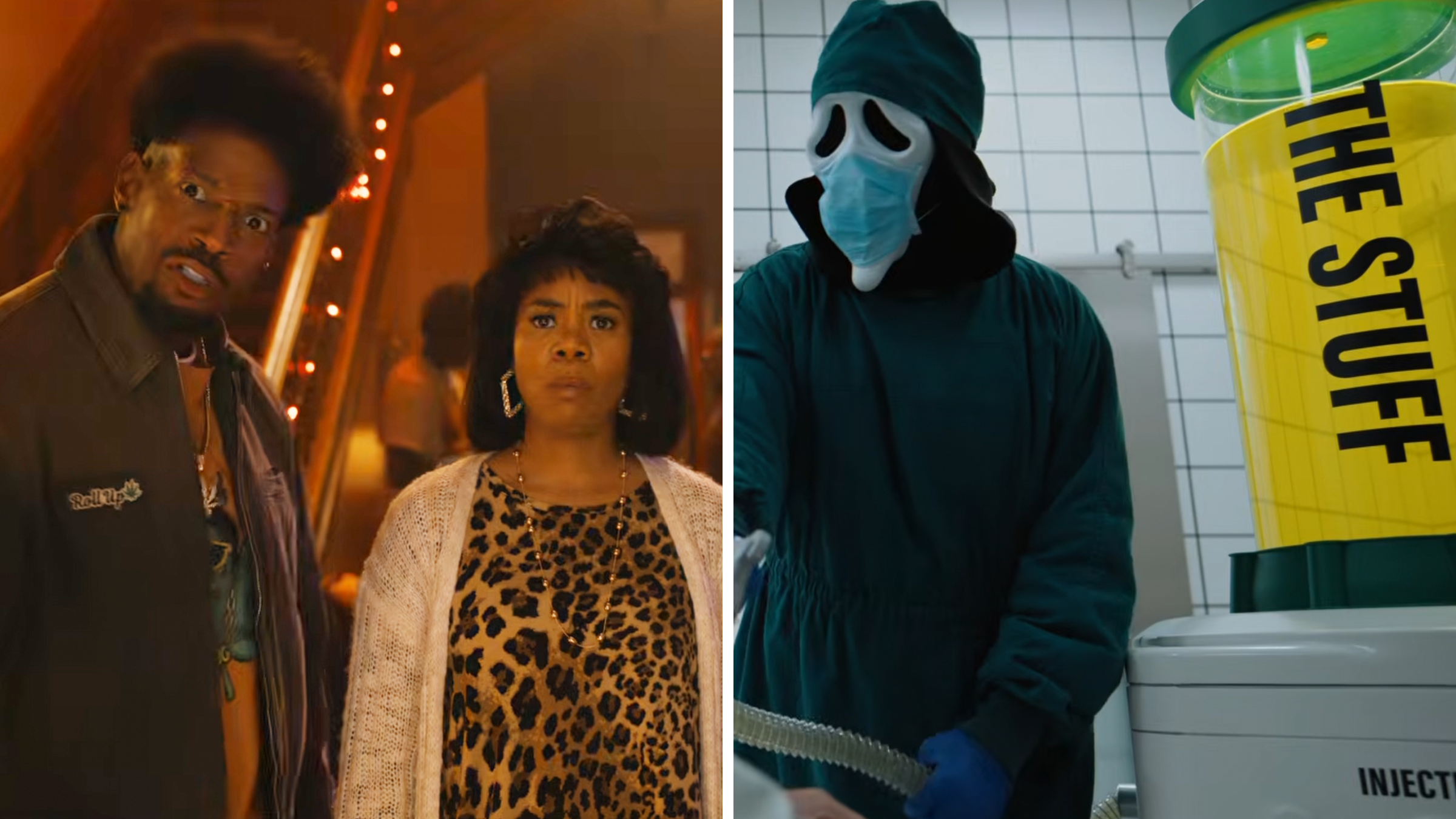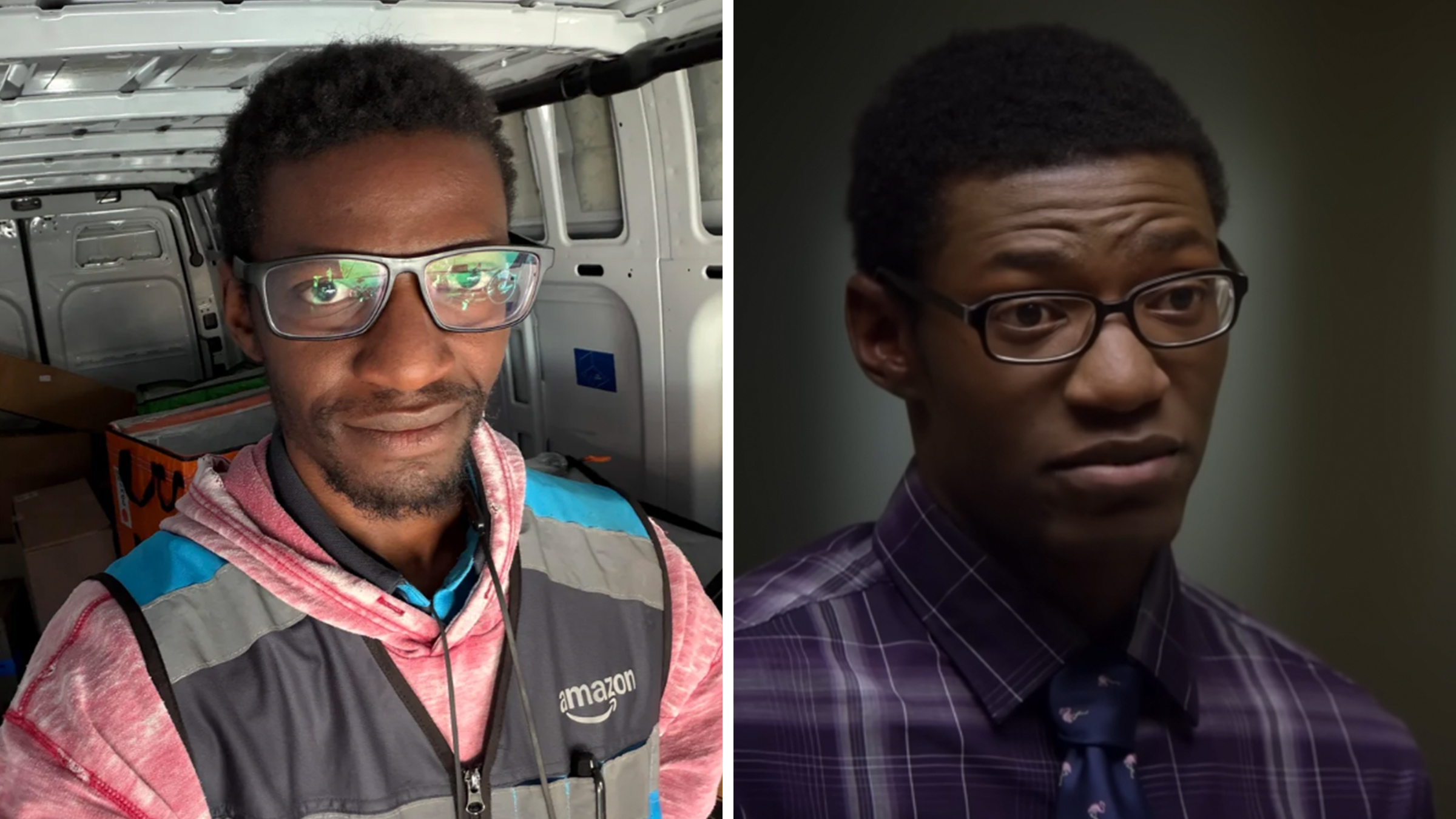Since the first United States store opened in 1976, Aldi has been reshaping how Americans grocery shop. According to Aldi's history page, the chain has grown rapidly and currently has 2,000 stores in 36 states. While some shoppers may rave about the store's competitive prices, organized aisles, and special sales, a review by Delishably, a website for food lovers, also pointed out how cost-cutting measures have removed some conveniences like a wider selection of brands and the number employees.
Aldi's cost cutting measures and select brands have also created an interesting ecosystem where customers can find some strange things. Some of the weirdest things Aldi Reviewer, a website dedicated to reviewing the chain, found include an Easy Home Motion-Activated Toilet Bowel Nightlight, Bee Happy Giant Plush Masks, and Mama Cozzi's Bake Green Bean Casserole Deli Pizza. Recently, however, another shopper noticed something strange when she took a closer look at the paper plates she said she bought from the store.
TikToker Li (@lisamarie53183) garnered over 333,000 views as of publication when she filmed herself questioning some weird recycling instructions printed on Aldi's paper plates.
With an on-screen caption reading, "Aldi, make it make sense," Li began her video zoomed in on a paper plate, showing gray writing along the edge. "Hey, Aldi, I have some questions about your paper plates."
Li focused on each individual sentence printed along the plate's edge. "'BPI certified ': great, I know what that means," she said, referencing how the acronym means that the Biodegradable Products Institute (BPI) certified the plate as completely biodegradable. But then she hit a snag with the recycling instructions. They informed her that the plates are "commercially compostable only," followed by a little asterisk.
"OK, so what does that mean?" she questioned. "I have to bring it to a special commercial composting facility? OK, I'm willing to do that."
Unfortunately, the environmentally friendly instructions circled back around to being unrecyclable with the final statement of "facilities may not exist."
She concluded with a flabbergasted question, "What on God's green earth is going on here?"
@lisamarie53183 I have questions…
♬ original sound - Li
The issue of recycling paper plates isn't isolated to Aldi. According to a report by Phys.org, "just 9% of all plastic waste ever created has been recycled," with most ending up either in China or Latin America. Currently, the rate of recycling sits at 32%, according to the Environmental Protection Agency (EPA).
Contamination is a major issue in recycling. Three factors classify items as contaminated—items with food residue, plastics that aren't accepted in certain areas, and plastics that aren't recyclable. Phys.org reports that recycling facilities commonly have contamination rates of 15-20%.
Sustainability site Treehugger adds that the majority of paper plates fall into the contamination category. Most paper plates have a wax, plastic, or clay coating. The coating is impossible to separate from the paper, which makes them unrecyclable. Another reason is that food waste can coat the plate after a meal. Currently, the only recyclable plates are plastic free.
Viewers in Li's comments section discussed the difficulties of keeping green.
"It's the same as the recyclable triangle. It *IS* possible, just no facilities exist that are willing to do it," a viewer said.
Another explained how recycling centers don't accept a lot of items people assume are recyclable. "The vast majority of consumer level plastics,cardboards aren't really recycled even when they pick it up as recycling. The trash co. gets permits from the city to dump it in the landfill."
"It's like terracycle. They're recyclable but only in specific places...sucks honestly because I want to recycle/compost but they make it difficult. My local doesn't even take glass or paper anymore," a third lamented.
Still, even if recycling doesn't work like most believe it does, getting in the habit of sorting and recycling is the important part. An everyday person can't stop their local McDonald's from tossing its recycling into the dumpster at the end of the night, but they can reinforce good habits so that in the future, less waste ends up in a landfill.
The Daily Dot reached out to Li via TikTok comments and Aldi via email for more information.
The internet is chaotic—but we'll break it down for you in one daily email. Sign up for the Daily Dot's web_crawlr newsletter here to get the best (and worst) of the internet straight into your inbox.
